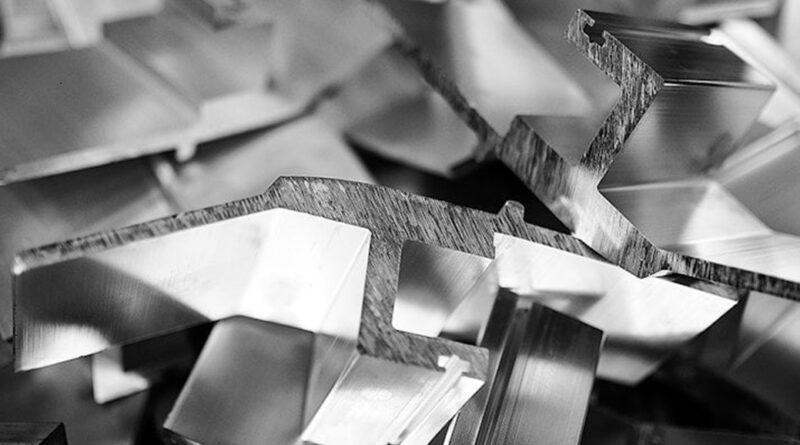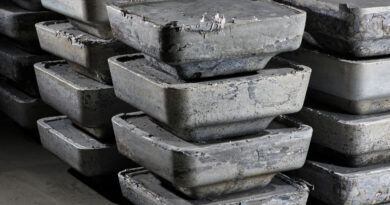INDONESIA: New aluminium player in Asia
Indonesia’s ambitious aluminium plan is to produce everything in-house, from bauxite to billet, and is a key element of the government’s broader electric vehicle (EV) strategy. It aims to produce 600,000 EVs by 2030 and will partner with four Chinese EV companies – Neta, Wuling, Chery and Sokon – to build an EV production and export hub in the country. Indonesia will not only benefit from technological advancement and provide highly skilled jobs, but will also be the perfect destination to tap on the growing middle class.
Indonesia, the archipelago is a vast and diverse collection of over 17,000 islands. It sits on unique geological and tectonic conditions that mean it has various strategic minerals with rich veins, some tapped and untapped, that could power a circular economy.
Forecasts say that electric car sales will reach 17.5 million this year, with over one in five cars sold globally expected to be electric. EV sales are mainly focused in China and the developed economies and there is still untapped potential in developing economies like Indonesia.
Aluminium’s light-weight appeal and increased usage among leading automotive producers, especially on the low-carbon aluminium front, has gained significant traction and looks set to grow exponentially over the next decade.
The EV megatrend has long taken off and is picking up speed as consumers transition and embrace newer technologies and products that are much healthier for the environment.
China wants to transform Indonesia into the next powerhouse to serve the Southeast Asia region on their future EV needs.




